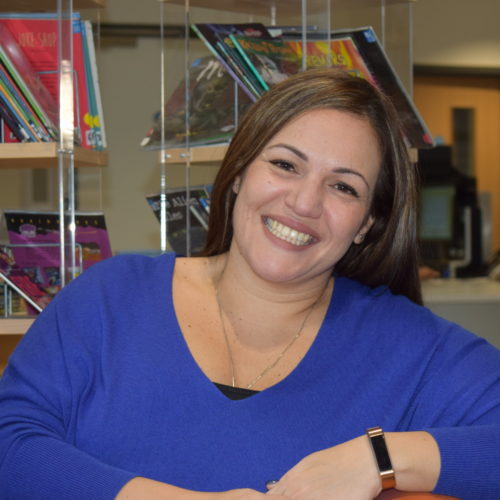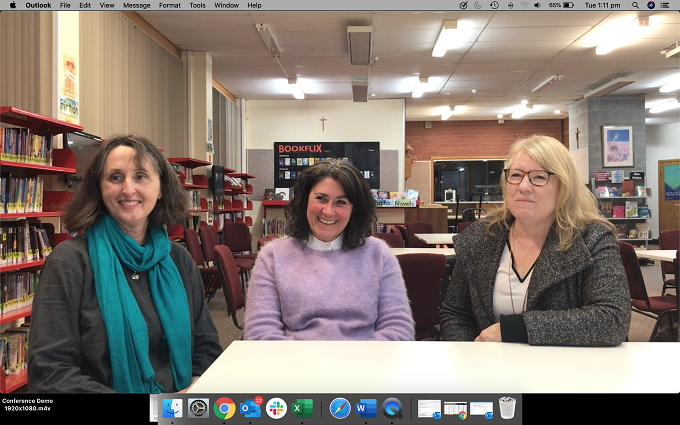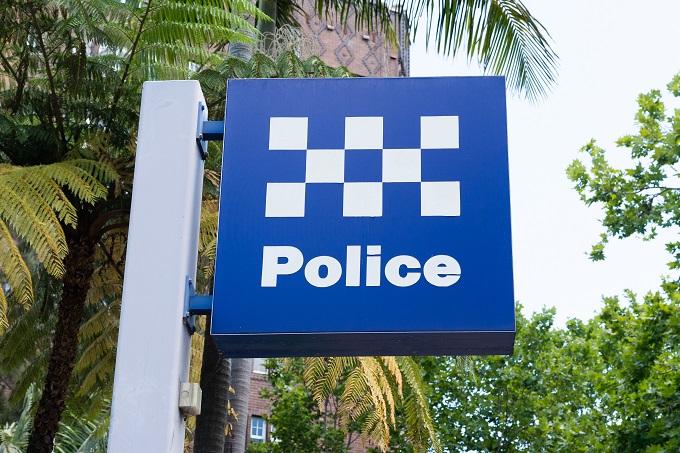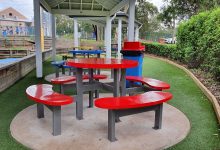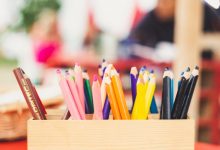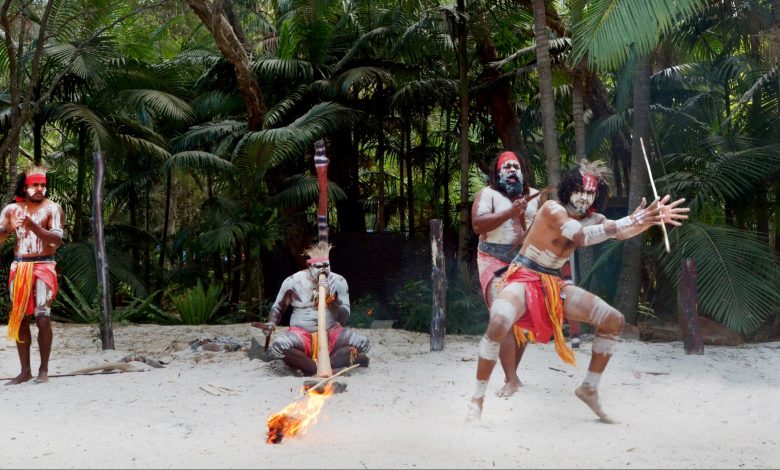
National Reconciliation Week is marked each year from 27 May to 3 June. These dates commemorate two significant milestones in the reconciliation journey— the successful 1967 referendum, and the High Court Mabo decision respectively. National Reconciliation Week (NRW) is a time for all Australians to learn about our shared histories, cultures, and achievements, and to explore how each of us can contribute to achieving reconciliation in Australia.
The theme for NRW 2023 is Be a Voice for Generations.
Reconciliation Australia CEO, Karen Mundine said the theme calls on Australians to honour the work of generations past who fought for justice in Australia and to work together today to tackle the unfinished business of reconciliation for the generations to come.
Read the latest edition of School News HERE
“There has long been a strong thread in Australian history of people striving to build a just society,” she said. “Australian history has included many examples of non-First Nations Australians who stood with Aboriginal and Torres Strait Islander peoples during early strikes, protests and notably during the 1967 referendum.
“Australia has a long record of inspiring allyship and solidarity to address centuries of racism and injustice.
“This National Reconciliation Week we urge all Australians to follow in this tradition to ‘Be a voice for generations’, while also imagining a better country for future generations.”
The theme encourages all Australians to be a voice for reconciliation in tangible ways in our everyday lives – where we live, work and socialise. School’s are an important part of the reconciliation conversation.
Many school’s will host NRW activities, including special assemblies and presentations, cultural celebrations led by the school’s First Nations Students, engaging with books and stories by First Nations people, and structured learning activities. While these are important, NRW activities, and understanding and recognising Aboriginal and Torres Strait Islander history, culture and contribution can be extended beyond one week each year.
Narragunnawali, Education in Reconciliation, supports schools and early learning centres around Australia to foster an environment with a high level of knowledge, understanding, and respect for Aboriginal and Torres Strait Islander histories, cultures and contributions.
Narragannawali helps all educators bring First Nations history and culture into the classroom, with early learning, primary and secondary curriculum resources. Resources incorporate elements of the Early Years Learning Framework and the Australian Curriculum, and align with Reconciliation Action Plan (RAP) Actions. Schools can adapt resources to suit their local community or setting.
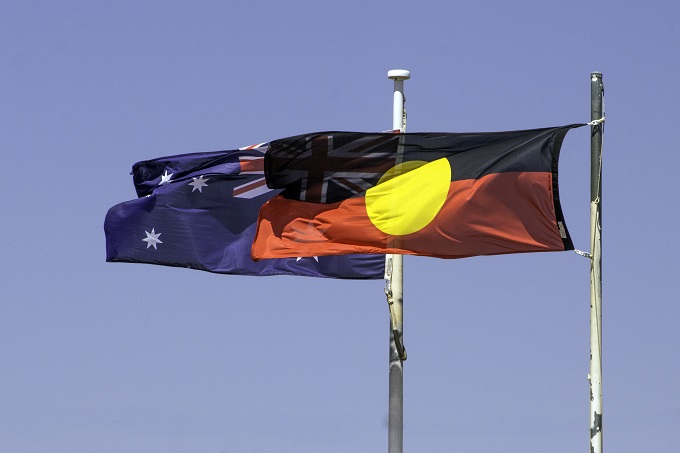
Subject guides are also available to help educators embed reconciliation and Aboriginal and Torres Strait Islander stories into learning activities. Schools are encouraged to consult with their local Aboriginal and Torres Strait Islander community to enrich learning activities.
To facilitate practical and meaningful change, schools can develop a Reconciliation Action Plan (RAP). A formal commitment to reconciliation, a RAP documents how your school or early learning centre will strengthen relationships, respect and opportunities in the classroom, around the school or service, and within the community. RAP’s are reviewed annually by the school’s RAP Working Group to ensure it remains a dynamic, living document.
To educate the educators, ongoing professional learning in reconciliation and First Nations history and culture is essential. Narragunnawali Reconciliation in Education provides resources to facilitate this. Engagement with professional learning can help school’s deliver their RAP. Activities are teacher-led, and can be used solo, in small groups or during staff meetings.
Professional learning resources align with the National Quality Standard for early learning, the Australian Professional Standards for Teachers (primary and secondary), and at least one RAP action.
Reconciliation must live in the hearts, minds and actions of all Australians. As we move forward, we must create a nation strengthened by respectful relationships between the wider Australian community, and Aboriginal and Torres Strait Islander peoples. NRW provides an opportunity to begin discussions with your cohort. This opportunity should be built upon, and carried into regular teaching and learning opportunities.


